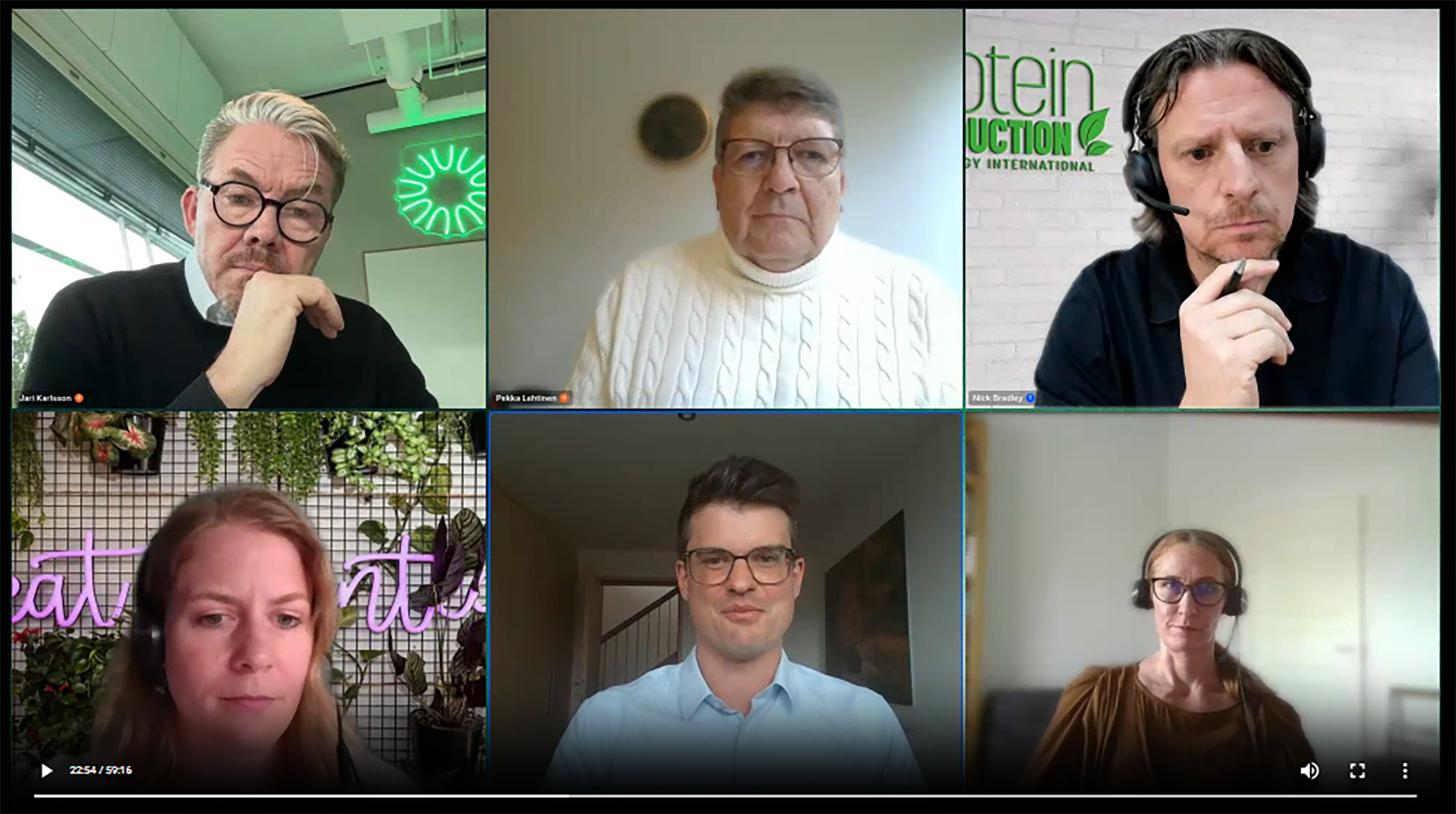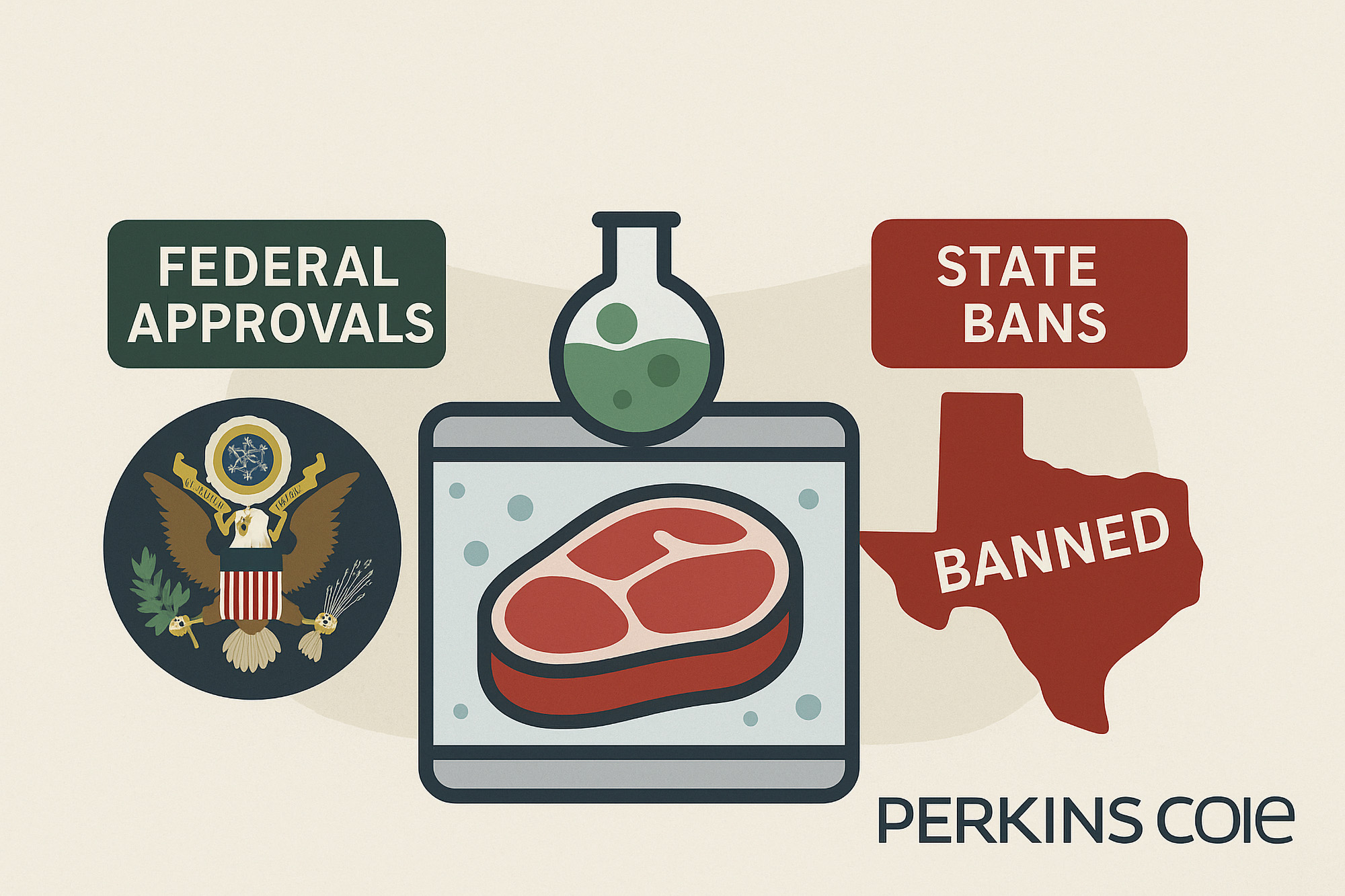

Cultivated meat backed by UK government’s new National Vision for Engineering Biology
The Department for Science, Innovation and Technology (DSIT) has highlighted the critical role that alternative proteins like cultivated meat can play in achieving key national objectives for economic growth and food production.
The government’s National Vision for Engineering Biology will invest £2 billion in research, development and infrastructure over the next 10 years, including in the UK’s "budding" cultivated meat industry.
Innovative UK companies in the cultivated meat and fermentation sectors are highlighted in the strategy, which also states that alternative proteins can enable climate and food security goals by "reducing pressure on land use for pasture”.
Peer-reviewed research shows cultivated meat could require up to 90% less land than conventional beef production, and cut the climate impact of meat by up to 92%.
But DSIT found that there is a critical shortage of infrastructure to support alternative protein entrepreneurs looking to scale up their processes, and noted that making cultivated meat does not require the same “over-engineered” equipment as the life sciences sector.
The strategy highlights changes to regulations as a major opportunity to grow the UK’s alternative protein sector, and recognizes the risk that product development is being “stifled” by current processes.
It confirmed that three to five new ‘regulatory sandboxes’ would be created to enable swift and robust product safety assessment across the field of engineering biology.
In a paper for the Food Standards Agency (FSA) board to be discussed next week, the FSA proposed “to submit a bid to run a sandbox on cell-cultivated products.”
“We warmly welcome the government’s National Vision for Engineering Biology and its clear support for alternative proteins like cultivated meat," said Linus Pardoe, UK Policy Manager the Good Food Institute Europe. “Through smart regulatory reforms and ambitious public investments in research, development and infrastructure, the UK has a golden opportunity to cement its position among the world’s most forward-thinking countries in this sector. Action must now follow this vision: establishing new food-grade pilot facilities, forging a new cultivated meat regulatory sandbox and investing in the alternative protein workforce should all be top priorities for UK science and innovation over the rest of the decade.”
If you have any questions or would like to get in touch with us, please email info@futureofproteinproduction.com






